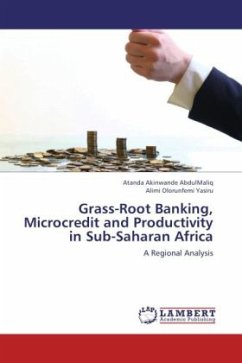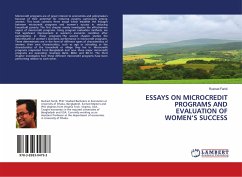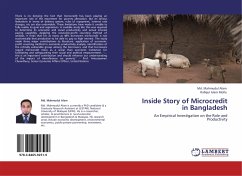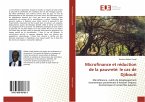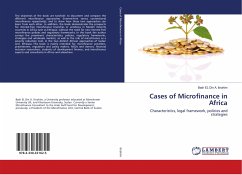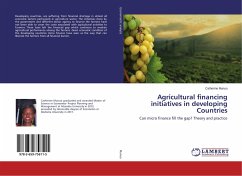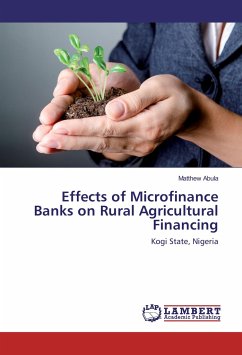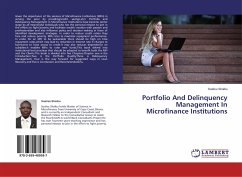Sub-Saharan Africa comprises of countries with high poverty prevalence rate, deteriorating human welfare development and high population growth rate, where majority of the populace dwells in the rural areas not served by the formal financial institutions. Thus, necessitated the creation of grass-root banks in providing microcredit for enhancing human welfare at the rural end of the economy. There is plethora of studies in literature on microcredit and poverty alleviation, but the controversies of the precise transmission nexus between grass-root banking, microcredit and productivity still remained a puzzle. In an attempt to make significant contribution in providing conceptual, theoretical and empirical evidences and highlights on the controversial issue. The transmission channel has been identified to stem from grass-root banks composition of rural based commercial and merchant banks, cooperative society and microfinance institutions in making available microcredit for rural financial users. The accessibility and availability of microcredit in terms of low interest rate, zero collateral and adequacy is found dependent on the operating environment of the financial system.

